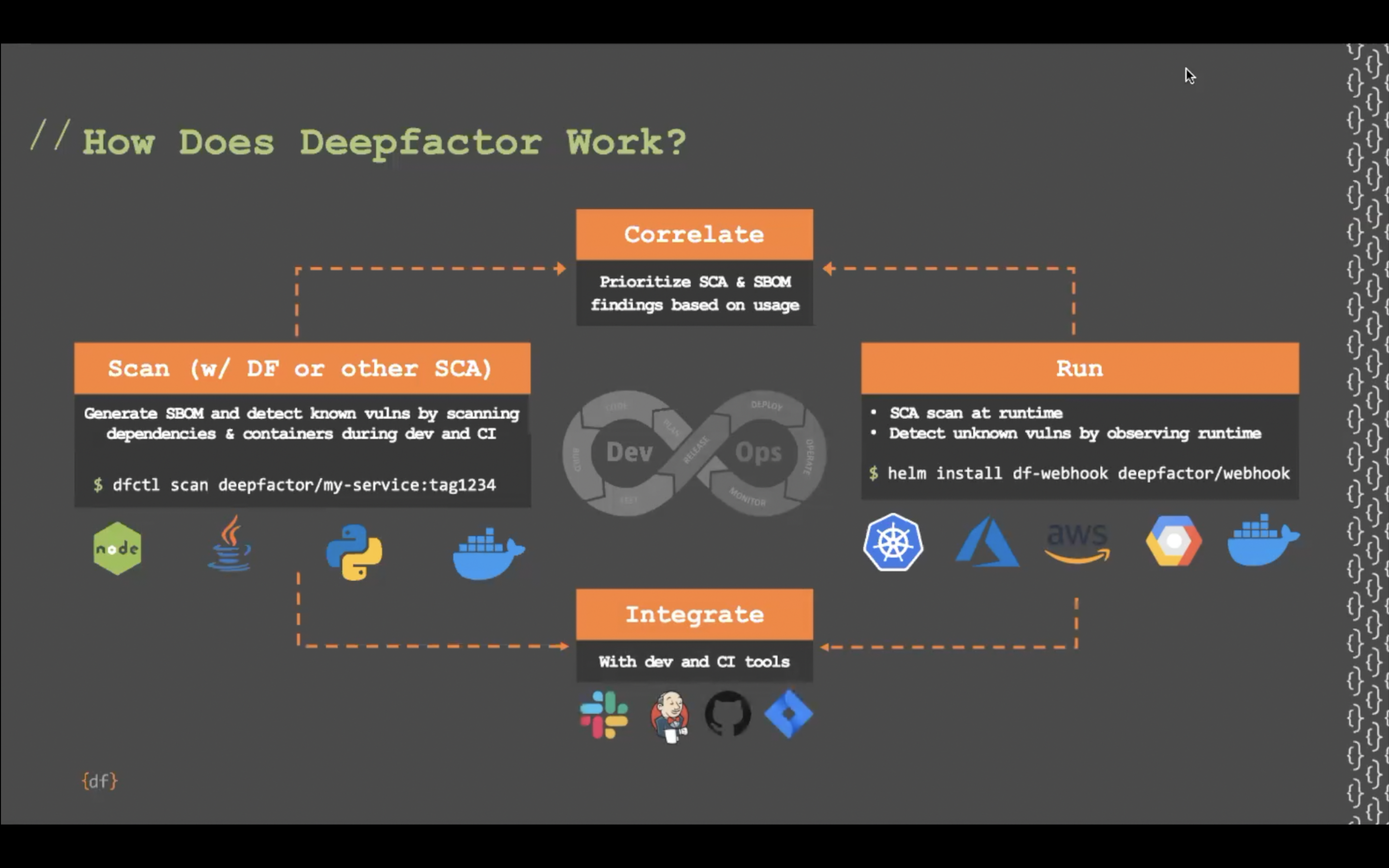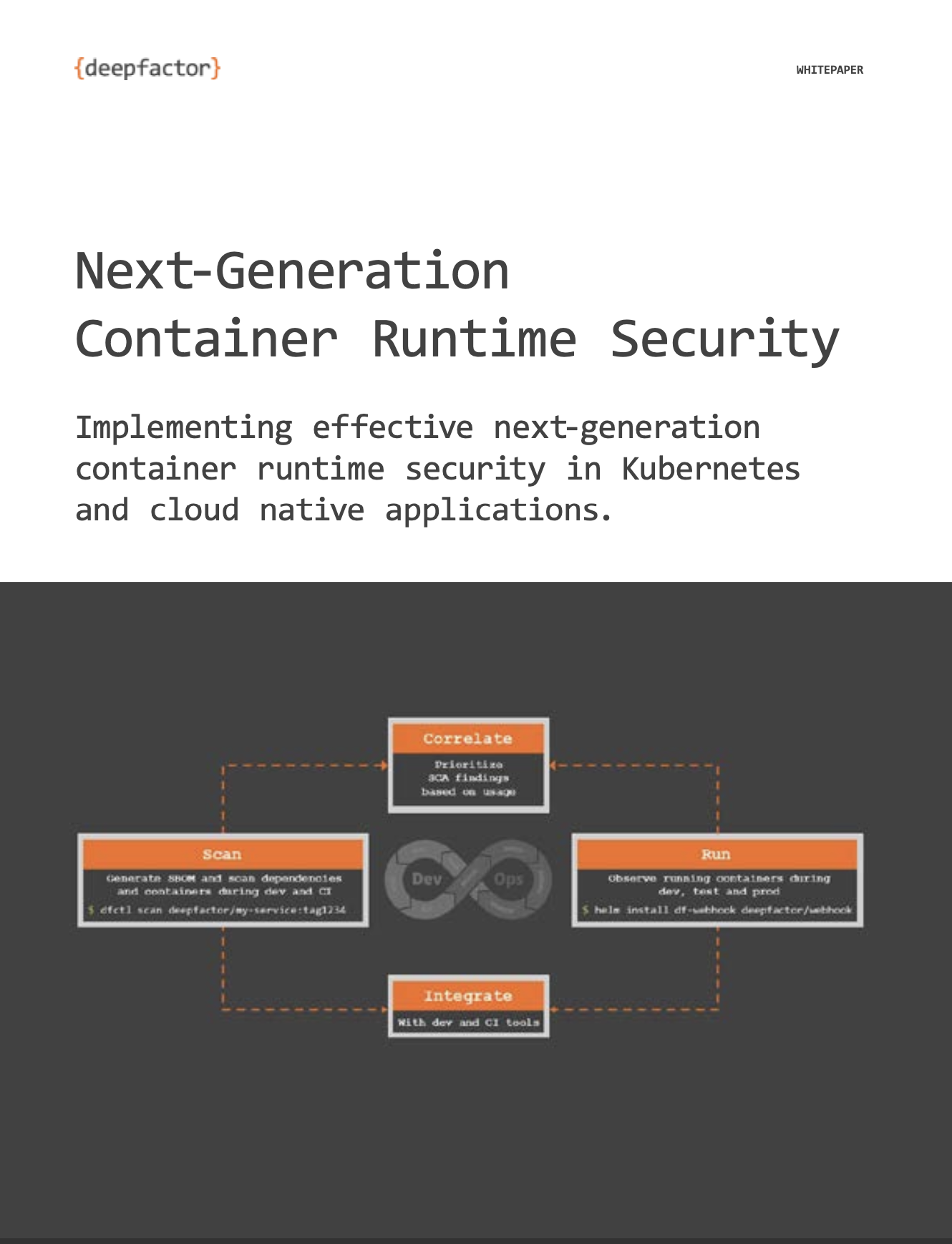What is DevSecOps?
DevSecOps, short for Development, Security, and Operations, integrates security into the DevOps process, ensuring it’s a shared responsibility throughout the software development lifecycle (SDLC).
By embedding security into every phase of development and operations, DevSecOps fosters collaboration among development, security, and operations teams, aiming to deliver secure, high-quality software quickly and efficiently.
This proactive approach addresses vulnerabilities early in the development process and maintains robust protection throughout the software’s lifecycle, helping organizations meet regulatory requirements and build trust with their customers.
Importance in Modern Software Development
A fundamental aspect of DevSecOps is “shift-left security,” which involves incorporating security practices and testing early in the development process. This early integration helps identify and address vulnerabilities before they become critical issues, resulting in more secure and resilient software.
Security-as-Code (SaC) is another important practice where security policies and controls are managed through code. This allows for automated, consistent, and repeatable security measures, ensuring seamless integration into the development pipeline and simplifying audits and maintenance.
Continuous security testing, which integrates security tests into the continuous integration and continuous deployment (CI/CD) pipeline, ensures regular security checks for real-time identification and remediation of vulnerabilities.
Core Principles of DevSecOps
Automation is a cornerstone of DevSecOps, ensuring consistent application of security policies, reducing human error, and accelerating the development process without compromising security.
A collaborative culture is also crucial, promoting communication and cooperation among development, security, and operations teams. This cultural shift breaks down silos and makes security a shared responsibility, leading to better security outcomes.
By embedding security into the development process, DevSecOps helps organizations comply with industry standards and regulatory requirements, minimizing the risk of non-compliance and associated penalties.
Benefits of DevSecOps
By addressing security issues early and continuously, DevSecOps minimizes the risk of vulnerabilities and threats. This proactive approach ensures that security issues are identified and resolved before they can be exploited. Integrating security practices enhances the overall quality and reliability of the software, as potential issues are addressed early. This enables organizations to deliver more stable and secure applications. Automation and continuous testing streamline the development process, increasing efficiency and productivity, allowing development teams to focus on feature delivery while maintaining high-security standards. Ultimately, secure and reliable software enhances customer satisfaction, as users can trust that their data is protected and the applications they use are secure.
Tools and Technologies
Static Application Security Testing (SAST): Analyzes source code for security vulnerabilities, helping developers identify and fix issues early in the development process.
Dynamic Application Security Testing (DAST): Tests running applications for security vulnerabilities by simulating attacks to identify potential weaknesses.
Container Security Tools: Ensures that containerized applications are secure by checking for vulnerabilities in container images and runtime environments.
Vulnerability Scanning Tools: Identifies potential security weaknesses in applications and infrastructure, helping organizations proactively address vulnerabilities.
Security Information and Event Management (SIEM) Tools: Providea real-time analysis of security alerts generated by applications and network hardware, aiding in quick detection and response to potential security incidents.
Compliance and Governance Tools: Ensures that security practices comply with regulatory requirements and industry standards, providing frameworks for developing and maintaining secure applications.
Differences Between DevOps and DevSecOps
While DevOps focuses on integrating development and operations, DevSecOps adds security into the mix, ensuring that security practices are an integral part of the development and deployment process. DevSecOps emphasizes the “shift left” approach, addressing security early in the development process, contrasting with traditional DevOps where security may be considered later. DevSecOps leverages automated security testing to continuously identify and address vulnerabilities, ensuring consistent security checks and reducing the risk of human error.
Challenges in Adopting DevSecOps
Siloed Teams: Hinder the collaborative culture needed for successful DevSecOps implementation. Overcoming these silos requires cultural change and strong leadership support.
Resource Investment: Implementing DevSecOps requires investment in tools, training, and personnel, which can be challenging for organizations with limited resources.
Lack of Expertise: In both security and DevOps practices can impede the adoption of DevSecOps. Continuous training and education are essential to bridge this gap.
Resistance to Change: Teams accustomed to traditional development and security practices may resist adopting DevSecOps. Overcoming this resistance requires clear communication of the benefits and strong leadership support.
Best Practices in Adopting DevSecOps
Early Integration of Security Measures: Incorporate security measures from the initial stages of development to ensure a robust security posture and reduce the risk of vulnerabilities.
Adopt the Shift Left Approach: Address security concerns early, shifting the focus from mitigating vulnerabilities in production to resolving security and compliance risks in development and testing.
Leverage Tools and Technologies: Use a range of tools designed to support DevSecOps practices, enhancing security through automation and real-time insights.
Encourage Collaboration: Promote communication and cooperation among development, security, and operations teams to ensure security is a shared responsibility.
Continuous Assessment and Refinement: Regularly evaluate and improve security practices to stay ahead of emerging threats and maintain a robust security posture.
Conclusion
DevSecOps is an essential approach in modern software development, integrating security into every stage of the development lifecycle. It offers numerous benefits, including improved security, reduced risk, enhanced quality, increased efficiency, and better customer satisfaction. Organizations should adopt DevSecOps to ensure their software is secure, compliant, and reliable. By following best practices and leveraging the right tools and technologies, companies can build a robust security culture and stay ahead of emerging threats. In summary, DevSecOps represents a cultural shift towards integrated security, enhancing the security posture and delivering secure, high-quality software in today’s dynamic digital landscape.
FAQs
How does DevSecOps differ from traditional security practices?
DevSecOps integrates security into the development process, whereas traditional practices often treat security as a separate phase or concern. This integration ensures that security is a continuous consideration throughout the software lifecycle.
What are some popular DevSecOps tools and technologies?
Popular tools include SAST and DAST tools, container security tools, vulnerability scanners, SIEM tools, and compliance and governance tools. These tools help automate security processes and provide real-time insights into vulnerabilities.
How does DevSecOps help in software development?
DevSecOps enhances security, improves software quality and reliability, increases efficiency, and ensures compliance. This holistic approach leads to better overall development outcomes and more secure applications.
How can DevSecOps improve compliance and governance?
By integrating security and compliance checks into the development process, DevSecOps helps organizations meet regulatory requirements and industry standards more effectively. This proactive approach ensures a robust security posture.
Free Demo Signup
Experience the power and efficiency of the Deepfactor Application Security Platform through a live, interactive demo.
SIGN UP TODAY! >


